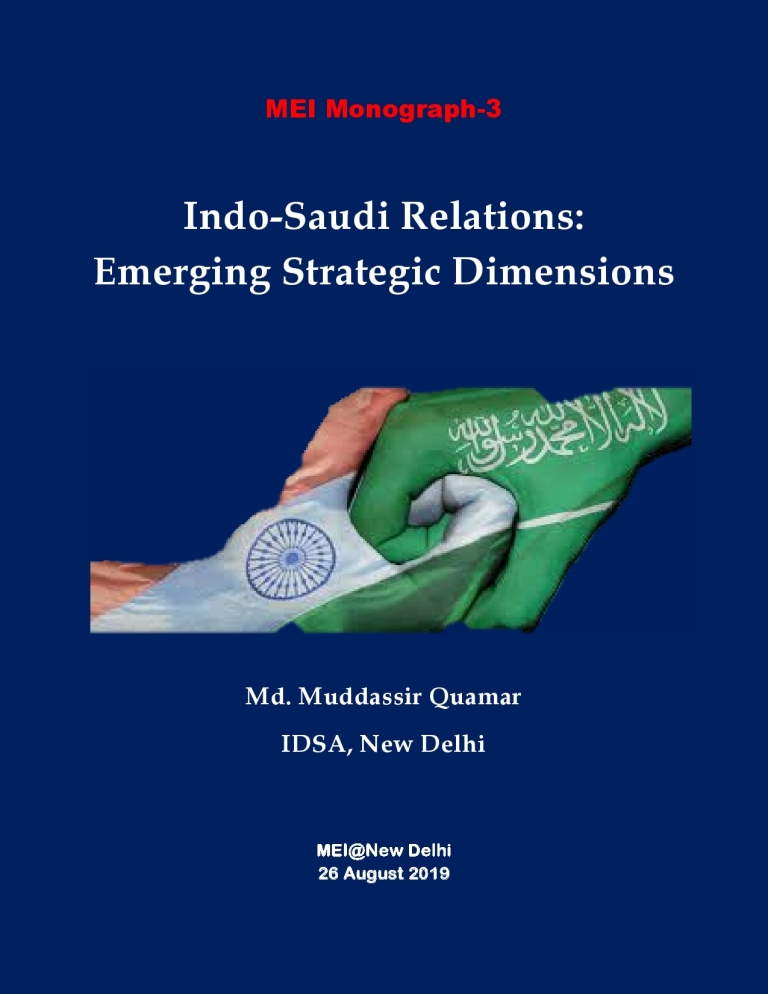Breaking
- MENU
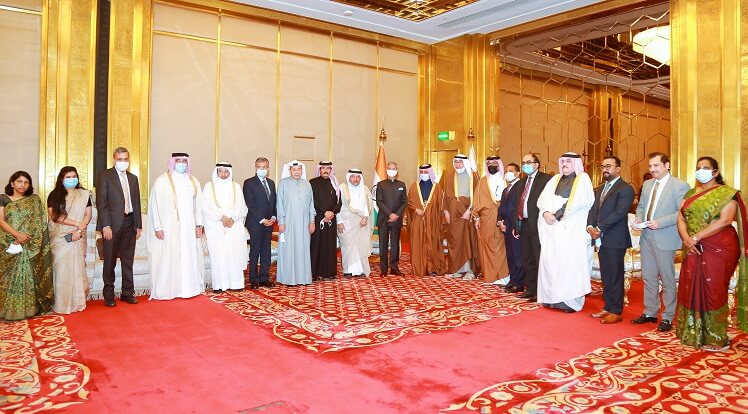
International geopolitical developments and the growing chances of friction between the global powers over China’s expansionist designs in the Indo-Pacific, from the Eastern Pacific to Western Indian Ocean, witnessing the growing consensus on the need for better coordination and cooperation among regional powers, thus necessitating improved defence and military cooperation between India and the Gulf countries
Between December 9 and 14, the Chief of Army Staff (COAS) General MM Naravane proceed on a historic visit to the United Arab Emirates (UAE) and the Kingdom of Saudi Arabia. The visit was historic because this was the first occasion that the COAS was visiting the two Gulf countries. General Naravane held meetings with senior military officials in both the countries and held discussions on furthering the defence cooperation between India and the Gulf countries.
In Saudi Arabia, the Army Chief visited the headquarters of the Royal Saudi Land Force and the Joint Force Command Headquarters. He also visited the King Abdul Aziz Military Academy and the National Defence University and interacted with the faculty and students at the institutions.
Though it was the first visit of the COAS to the UAE and Saudi Arabia, it was in no way an isolated incident rather symbolic of the growing defence and military cooperation between India and the two Gulf States. India has in recent years significantly enhanced its relations with the Gulf and along with trade and investments; cooperation in security and defence has emerged as the priority areas. There are several bilateral, regional and international factors that have contributed to India engaging the Gulf region more vigorously, especially on defence and security matters.
At the bilateral level, defence cooperation began during the last decade, and initially the focus was on maritime security, fighting piracy in the Western Indian Ocean, ensuring coastal security as well as fighting money laundering and organised crime. The cooperation was focused on port calls by Indian naval ships and joint naval exercises. However, after the 26/11 attacks in Mumbai, the bilateral ties began to focus on fighting terror and combating extremism through intelligence sharing and extradition of Indian fugitives taking refuge in the Gulf. This led to confidence building and India and Saudi Arabia signed a MoU on defence cooperation in 2014. With the UAE, India had already signed a MoU on defence cooperation in 2003, though the progress had been slow.
Since 2014, however, India has prioritised improving relations with the Gulf countries especially Saudi Arabia and the UAE and defence cooperation emerged as one of the most important areas for improvement of bilateral ties. The threat from Jihadi-terrorist groups, especially the Islamic State (ISIS) and Al-Qaeda focussing on spread of their ideologies and reach in the Indian Subcontinent after creating havoc in West Asia, led to India and the Gulf countries furthering their resolve to jointly fight the menace. During numerous interactions between Prime Minister Narendra Modi and Gulf leaders since the August 2015 visit of the Prime Minister to Abu Dhabi, the issue of terrorism came under discussion and the leaders resolved to enhance cooperation in fighting terror.
In addition to the threat from terrorism and organised crime, India and the Gulf countries are looking to further cooperation in defence manufacturing. India, Saudi Arabia and the UAE are among the top global importers of defence equipment in the world. Under programmes like Make in India and Atmanirbhar Bharat, India has focused on developing an indigenous defence industry to reduce its dependence on imports and has also been wooing Gulf investors to invest in the budding Indian defence industry. In addition to investments, the Gulf countries can also be a partner in India’s defence manufacturing as a market. India has the human resource, the intent and attractive business environment to attract international investors.
Further, there has been significant movement in the realm of military-to-military cooperation between India, the UAE and Saudi Arabia. Both the Gulf countries face serious security threats from various regional entities and are looking to enhance their security preparedness. India not only has one of the largest standing armed forces, they are among the best in terms of training, skills and warfare preparedness.
Indian forces also have significant experience in warfare in different terrains and the Indian military academies are considered among best in the world. This creates immense opportunities for developing military-to-military cooperation as India can host Saudi and Emirati cadets and officers in its military academies for training. In this respect, the joint exercises between the three branches of Indian Armed Forces – Army, Navy and Air Force – have progressed well, and are expected to be developed further.
Besides the bilateral aspects, several regional developments have contributed to India and the Gulf countries advancing defence and security ties. The regional security situation in the Persian Gulf and West Asia due to the rise of global terrorist organisation has added urgency to the need for improving defence ties. There are also the reginal tensions due to the Iranian nuclear programme and Tehran posing threat to the regional countries by supporting armed militias waging proxy wars in regional countries.
Turkey too has been interfering in Arab affairs and has in recent years made efforts to seek military presence in the Gulf taking advantage of the bitter dispute among the Gulf Cooperation Council (GCC) countries. It has led to the Gulf Arab countries looking at various options to enhance their security preparedness and have in recent years looked beyond the US as strategic hedging towards Russia, China as well as regional military powerhouse, Israel. Given that Indian has strong ties with the region and is a regional and global military power, the Gulf countries are naturally attracted to India and this creates a case for enhancing defence cooperation.
International geopolitical developments and the growing chances of friction between the global powers over China’s expansionist designs in the Indo-Pacific, from the Eastern Pacific to Western Indian Ocean, witnessing the growing consensus on the need for better coordination and cooperation among regional powers, thus necessitating improved defence and military cooperation between India and the Gulf countries.
The regional security situation in the Persian Gulf and West Asia has been strained due to the growing tensions between the US and Iran as well as Israeli security concerns vis-à-vis Iranian military presence close to its boundaries. India has huge political, economic and security interests in the Persian Gulf, and hence cannot take the regional developments lightly, which has further catalysed the growing cooperation with the Gulf countries in the defence and security areas.
The visit of General Naravane to the UAE and Saudi Arabia is symbolic of India’s growing security and defence cooperation with the Gulf countries with an emphasis on enhancing military-to-military ties with better understanding among the leadership of the armed forces of the security dilemmas of each side. This is expected to further improve cooperation between the armed forces of the two countries with the Indian armed forces, and areas such as joint exercises, training and defence manufacturing expected to be the focus. India has in recent years invested significantly in improving ties with Saudi Arabia and the UAE and defence cooperation has emerged as a pillar of the growing bilateral relations.
Note: This article was originally published in Raksha Anirveda on 24 December 2020 and has been reproduced with the permission of the author. Web Link
As part of its editorial policy, the MEI@ND standardizes spelling and date formats to make the text uniformly accessible and stylistically consistent. The views expressed here are those of the author and do not necessarily reflect the views/positions of the MEI@ND. Editor, MEI@ND: P R Kumaraswamy
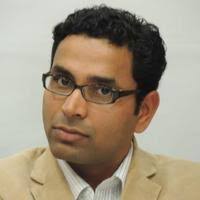
Md. Muddassir Quamar is an Associate Fellow in Manohar Parrikar Institute for Defence Studies and Analyses, New Delhi. He holds a Ph.D. in Middle East studies from Jawaharlal Nehru University and his doctoral thesis focused on social dynamics in Saudi Arabia in the context of the tensions between two seemingly non-harmonious trends; Islamization and modernization. He has a broader interest in Gulf societies, political Islam, Middle East geopolitics and India’s relations with the Middle East. He has co-authored two books India’s Saudi Policy: Bridge to the Gulf (Palgrave Macmillan, 2019) and Persian Gulf 2019: India’s Relations with the Region (Palgrave Macmillan, 2020). He is currently working on a manuscript on education reforms in Saudi Arabia. He has co-edited four anthologies, including Changing Security Paradigm in West Asia: Regional and International Responses (Knowledge World, 2020), Political Violence in MENA (Knowledge World, 2020), Islamic Movements in the Middle East: Ideologies, Practices and Political Participation (Knowledge World, 2019) and Contemporary Persian Gulf: Essays in Honour of Gulshan Dietl, Girijesh Pant and Prakash C. Jain (Knowledge World, 2015). His research papers have appeared in leading international journals such as Asian Affairs, Strategic Analysis, India Quarterly, Contemporary Arab Affairs, Digest of Middle East Studies, Journal of Arabian Studies and Journal of South Asian and Middle Eastern Studies. As part of his project in MP-IDSA, Dr. Quamar authored a monograph on Erdogan’s Turkey: Politics, Populism and Democratisation Dilemmas. Since 2018, he has served as the Book Review Editor for Strategic Analysis, the flagship journal of MP-IDSA published in association with Taylor & Francis. In May 2020, he edited an MEI Monograph Middle East Fights Covid-19: A Fact Sheet with contributions from students pursuing Masters in IR in JNU. He regularly contributes Op-Ed articles on developments in the Persian Gulf, Middle East and India’s relations with the region for Indian and international forums. In 2014-15, he was a Visiting Fellow at the King Faisal Center for Research and Islamic Studies, Riyadh. Dr. Quamar has been associated with the Middle East Institute, New Delhi, in various capacities since its foundation and serves as Associate Editor of its flagship journal, the Contemporary Review of the Middle East published by Sage, India.
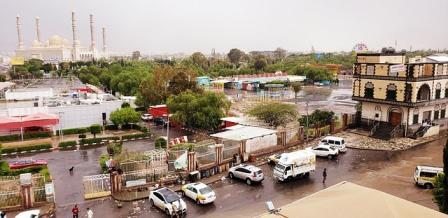
On January 17, 2022, the United Arab Emirates (UAE) was rocked by two attacks after drone attacks ta.....
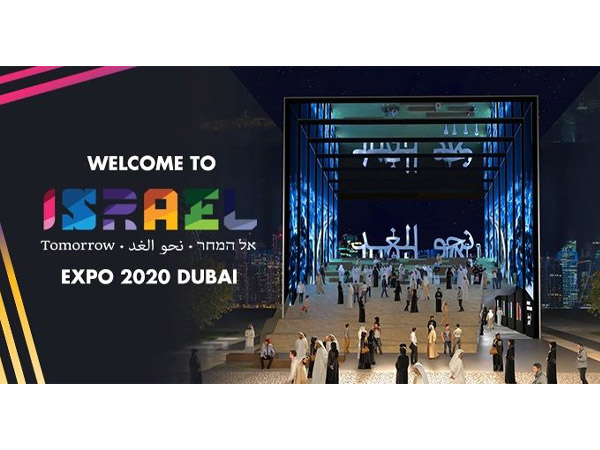
Within a span of just over a year since the announcement of the Abraham Accords, between Israel and .....
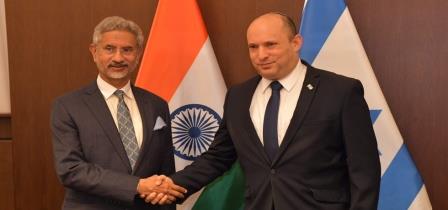
External Affairs Minister S. Jaishankar’s visit to Israel signifies the burgeoning Indo-Israel.....
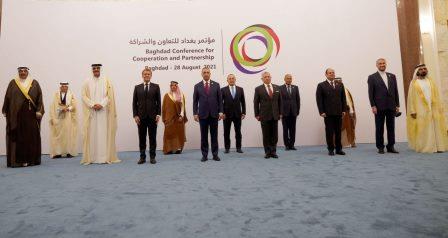
On 28 August 2021, Iraq hosted the first “Baghdad Conference for Cooperation and Partnership&r.....
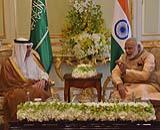
Recent developments in Afghanistan–the US military withdrawal and return of Taliban– has.....
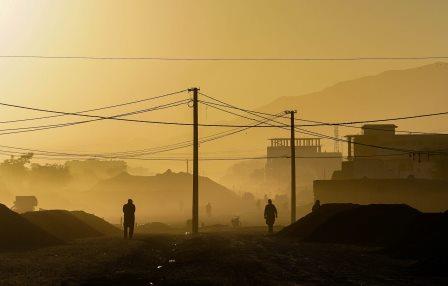
The Taliban takeover of Afghanistan has wider ramifications for the world. Among the key questions t.....
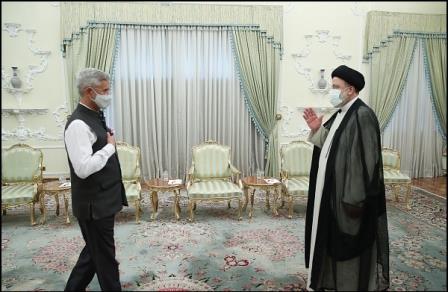
External Affairs Minister S. Jaishankar attended the swearing-in ceremony of the new Iranian preside.....
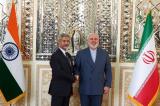
The revitalisation of ties with Iran will remain confined to the immediate issue of shared interests.....
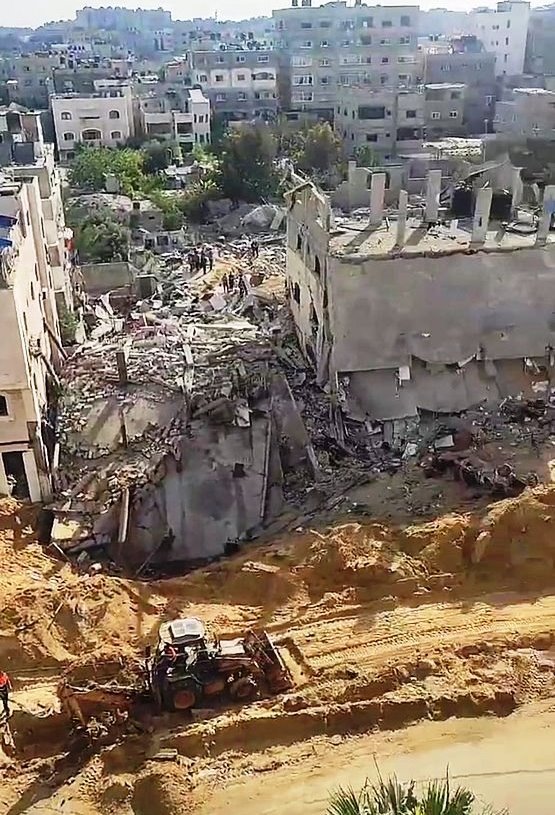
Israel and Hamas have engaged in fighting each other since 2006 when Hamas emerged victorious in the.....
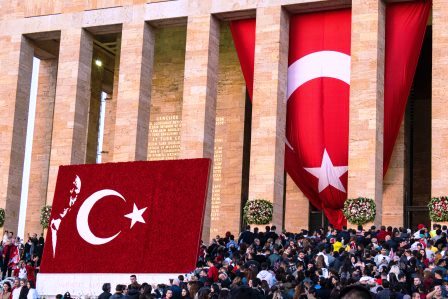
Tensions have gripped the Eastern Mediterranean (East Med) for the past few months owning to differe.....
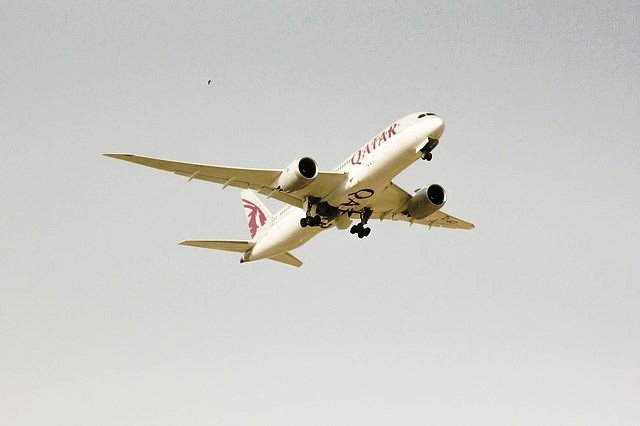
Qatar is an important country in the Gulf with which India has traditionally had strong bilateral ti.....
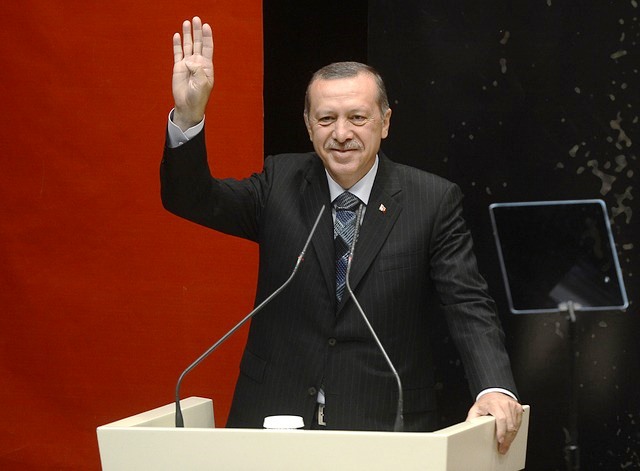
In recent years, Turkey’s foreign policy has attracted scrutiny because of its aggressive post.....
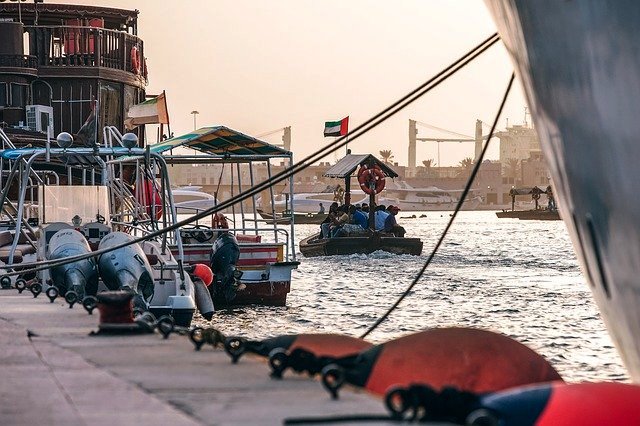
India and the United Arab Emirates share a vision for peace and prosperity. Under the leadership of .....
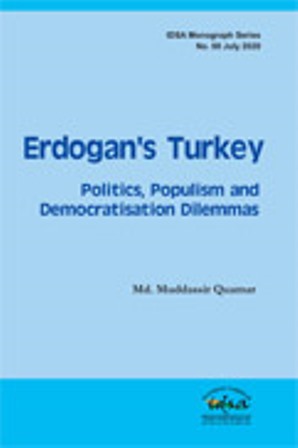
The coming to power of the AKP is one of the defining moments in the history of modern Turkey. Here .....

Though the news of China and Iran entering into US$400 billion agreement and Iran going ahead with C.....
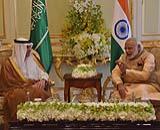
India’s relationship with the Gulf has witnessed a qualitative transformation since the August.....
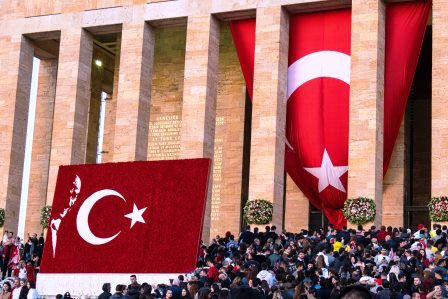
The results of country-wide municipal elections in Turkey held on 31 March 2019 threw a few surprise.....
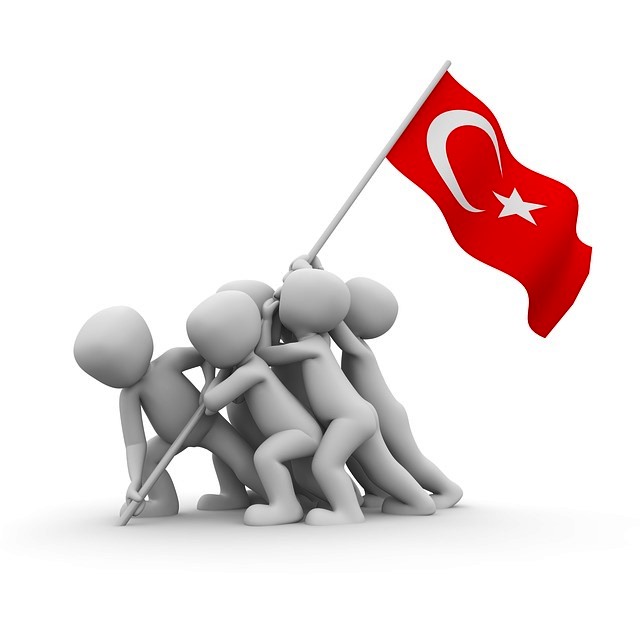
Like other parts of the world, West Asia (or the Middle East) too is hit hard by the spread of COVID.....
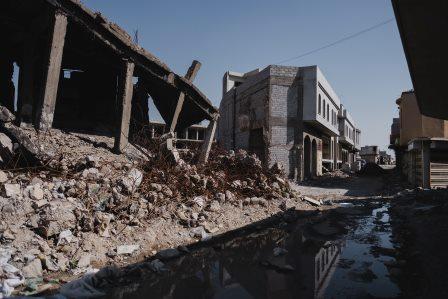
Iraq is suffering from internal divisions and external interventions for long. The problems of the p.....
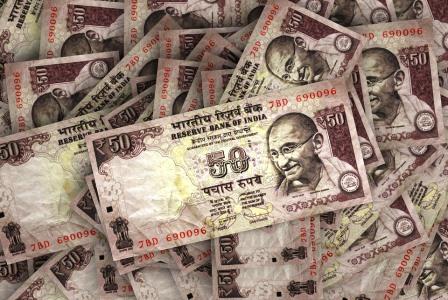
The West Asia is one of the most volatile and conflict-ridden regions in the world today. Given the .....
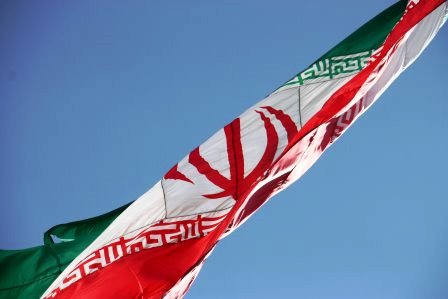
In the Persian Gulf, the New Year began with a bang. On January 3, the world woke up to the news of .....
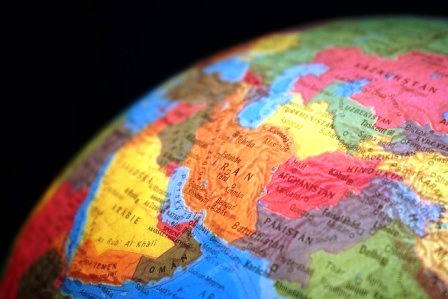
Major General Qassem Soleimani, commander of the elite Quds Force of the Iranian Revolutionary Guard.....
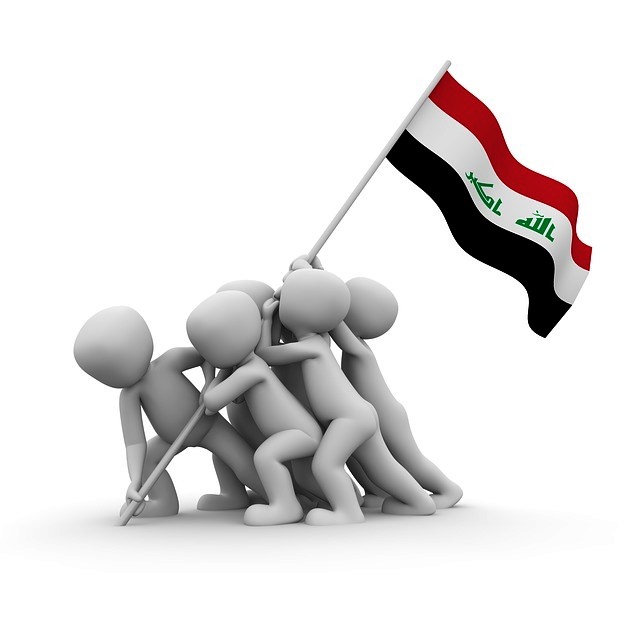
For over two months, youth in Iraq are protesting against corruption, unemployment and Iranian and A.....
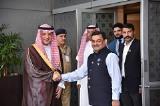
The historic relations between India and the Gulf countries have undergone a qualitative transformat.....
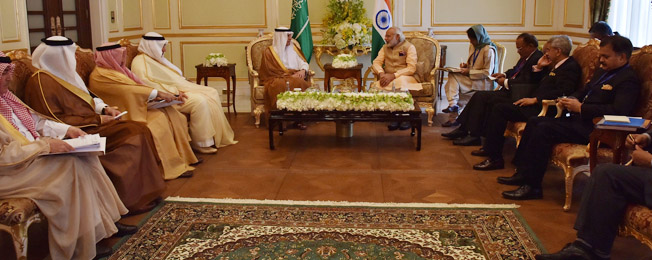
India and Saudi Arabia enjoy traditional friendly ties. Both are strategic partners and are working .....
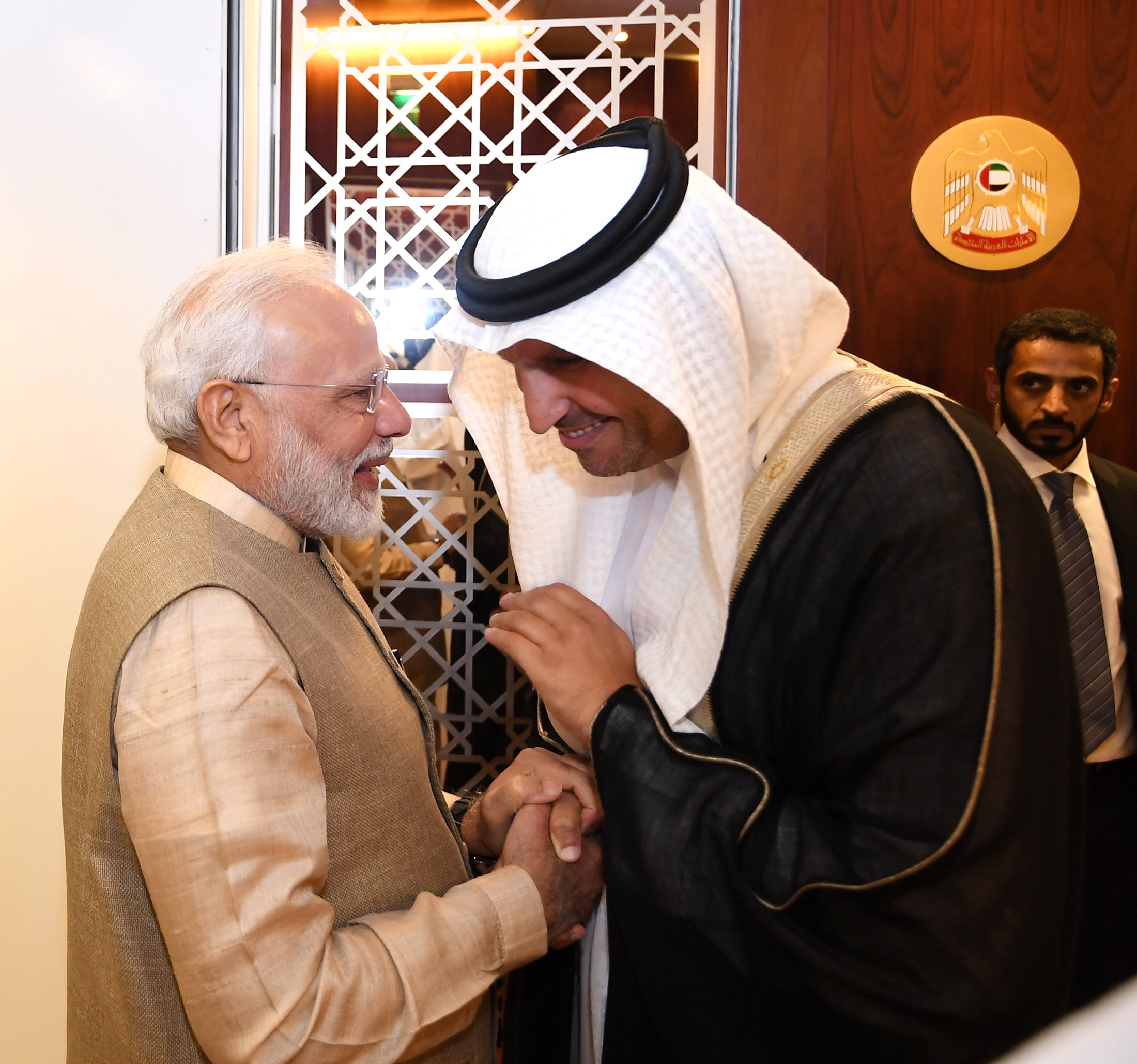
Prime Minister Narendra Modi undertook a visit to the UAE and Bahrain over the weekend. This was his.....
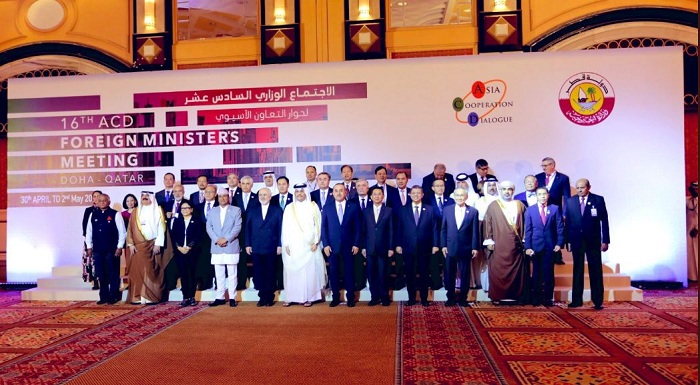
The 16th Ministerial meeting of the Asia Cooperation Dialogue (ACD) took place in Doha this week. Th.....
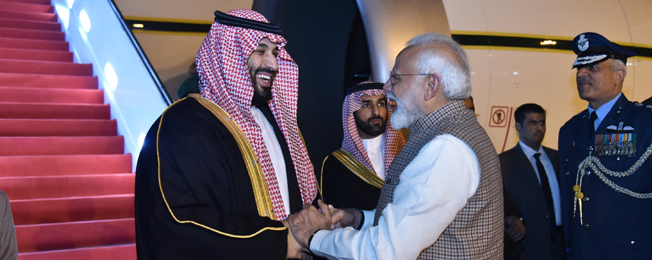
India’s relationship with the Gulf has witnessed a qualitative transformation since the A.....
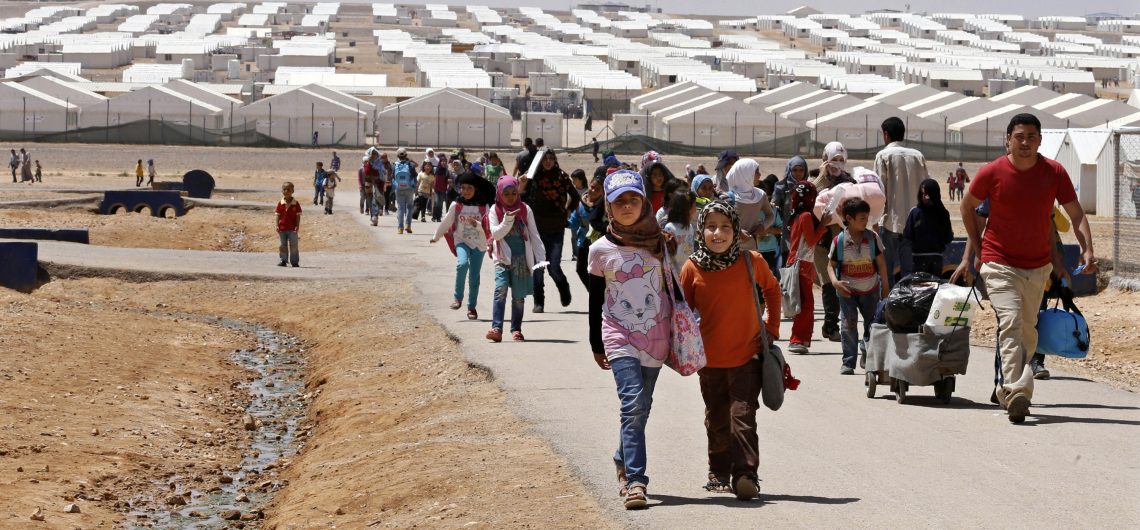
On March 24, 2019, the US-backed Syrian Democratic Forces (SDF) announced the capture of Baghouz, a .....
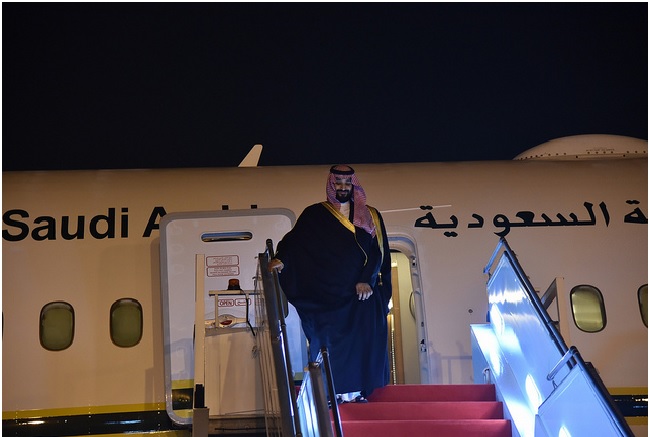
The visit of Saudi Minister of State for Foreign Affairs Adel al-Jubeir to New Delhi; close on the h.....
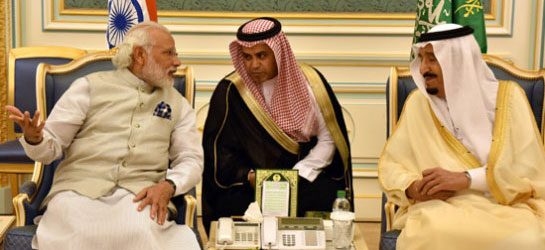
India and Saudi Arabia have increased defence and security cooperation in the fields of combating te.....
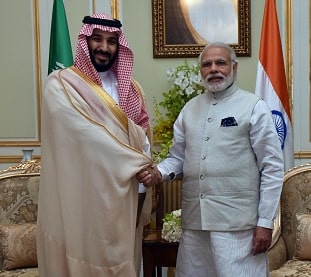
Economic and social reforms have emerged as the focus area in Saudi Arabia under the leadership of K.....
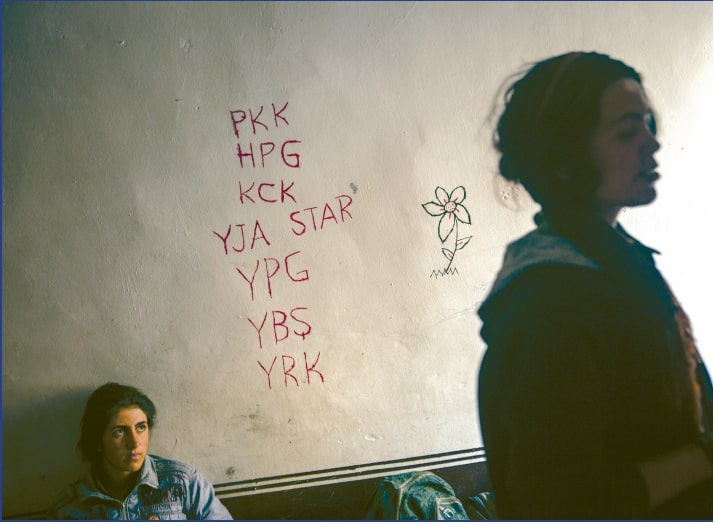
The US and Turkey are back on collision course over the Kurdish question in northern Syria. The late.....
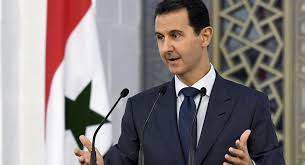
The Civil War in Syria has ravaged the country, took the life of nearly 500,000 people and has force.....

